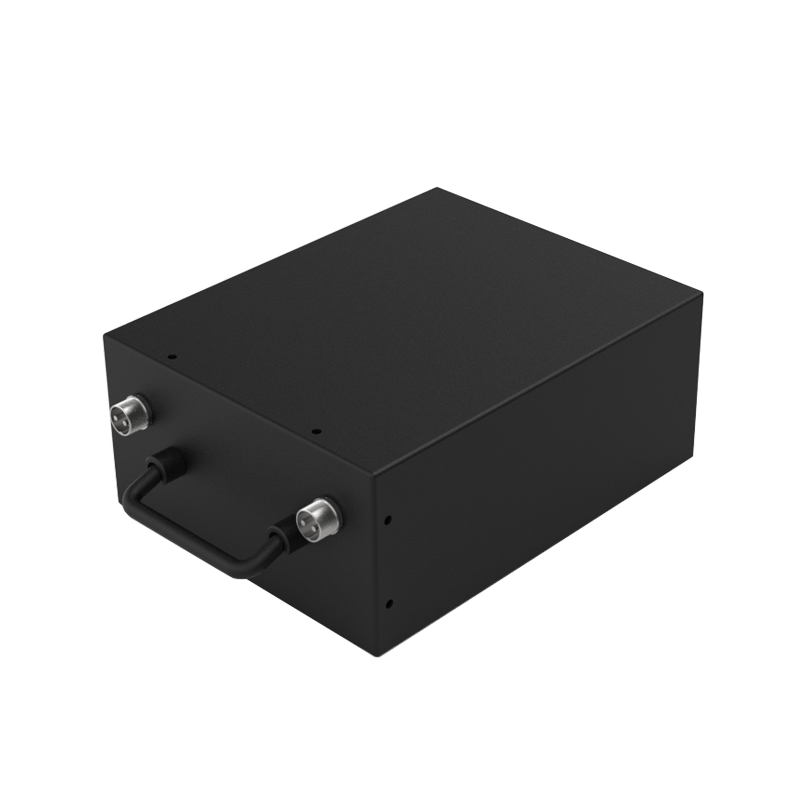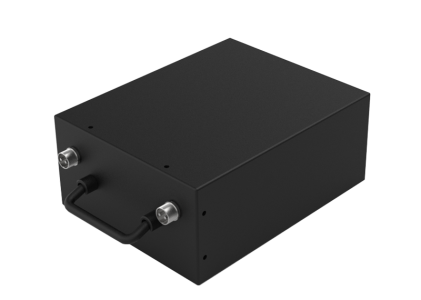The composition of electric vehicle batteries varies due to various factors, including battery type, capacity, and raw material costs.
Differences in battery types and costs
The commonly used battery types for electric vehicles include ternary lithium batteries and lithium iron phosphate batteries. The cost of one kilowatt hour of a ternary lithium battery is about 700 RMB, while the cost of one kilowatt hour of a lithium iron phosphate battery is about 500 RMB. Taking a new energy vehicle with a range of 400 kilometers and a 60 degree battery as an example, the cost of a ternary lithium battery is about 42000 RMB, while the cost of a lithium iron phosphate battery is about 30000 RMB.
Proportion of battery pack cost
The battery composition of electric vehicles usually accounts for between 10% and 40% of the total vehicle price. The specific proportion varies depending on the model and brand, but is generally around 30% to 40%. For example, the battery cost of certain car models may account for over 40% of the total vehicle cost.
Factors affecting battery costs
The cost of batteries is influenced by various factors, including:
Raw material cost: The cost of battery pack raw materials accounts for 80% of the total cost.
Battery capacity: The larger the capacity and the longer the battery life, the higher the cost of the battery.
Technological progress: In recent years, the average price of lithium-ion electric vehicle battery packs has significantly decreased, from $1200/kWh in 2010 to $132/kWh in 2023.
Future trends and methods to reduce costs
The development trend of future power batteries includes increasing energy density, accelerating charging speed, enhancing safety, and reducing costs. With the advancement of technology and large-scale production, the cost of battery packs is expected to further decrease. In addition, by selling old battery packs, car owners can reduce the cost of replacing them with new ones.


